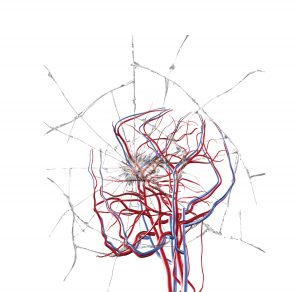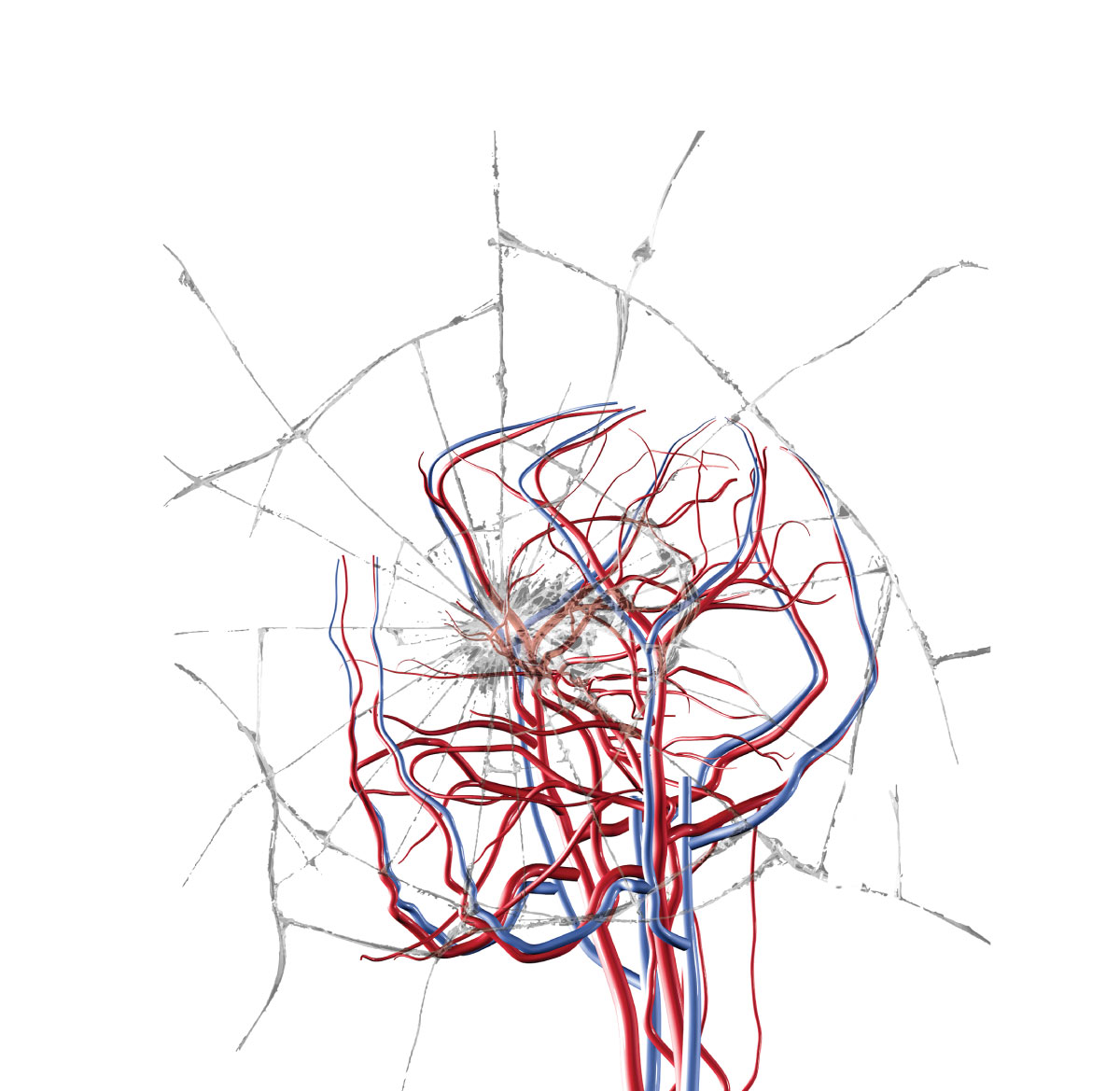Stroke is the number one cause of long term severe disability. Stroke survivors and their families are dependent on progress around neurological research and neurorehabilitation to ameliorate their disability. From a patient perspective, it makes no sense for stroke to be under cardiac disease. SAFE strongly supports the previous decision ICD-11 of having all types of strokes in a single block, and that this block should be placed in the nervous system diseases chapter.
Please read below the reaction of the most eminent stroke experts to the WHO ICD-11 Classification Committee to move the newly created cerebrovascular block from neurology to circulatory disease.
Revising the ICD: Stroke is a brain disease
Authors: Raad Shakir, Steve Davis, Bo Norrving, Wolfgang Grisold, William M Carroll, Valery Feigin, Vladimir Hachinski
The tenth revision of the International Statistical Classification of Diseases and Related Health roblems (ICD-10) was long overdue. The ICD-10 was based on outdated medical knowledge and concepts from the 1980s. Since then, science and practice have changed beyond recognition. The WHO neurology topic advisory group (TAG) for the revision of the ICD-10 was formed in 2009. In the ICD-10, cerebrovascular diseases were inconsistently and confusingly spread over several different chapters.
In March, 2011, the Neurology and Circulatory TAGs, with contribution of WHO classification representatives and relevant WHO departments, agreed that in the ICD-11, all types of strokes should form a single block, and that this block should be placed in the nervous system diseases chapter. The decision was based on a transparent process, reflecting the fact that all manifestations of cerebrovascular diseases are related to brain dysfunction, stroke being the second leading cause of disability-adjusted life-years (DALYs) globally The relationship with dementia and particularly Alzheimer’s disease is becoming clearer. Public health advocacy has a focus on recognition of acute neurological symptoms warranting immediate medical intervention and subsequent commencement of life-saving therapies. The long-term cost of care and rehabilitation is of paramount global importance. The purpose of the ICD-11 is to produce a classification that reflects the advances in knowledge and concepts of the 21st century.

Image credit: Studio Mzlaki
On Sept 9, 2016, WHO classification staff unilaterally decided to break their agreed decision made 5 years earlier and move the newly created cerebrovascular block from neurology to circulatory disease. This backward step did not follow the expected transparency and openness of WHO decision making. It came totally out of the blue and even the WHO departments that are responsible for neurosciences and non-communicable diseases, as well as the Neurosciences TAG, were not informed, let alone consulted.
The medical rationale for stroke being a disease of the brain is overwhelming. This decision needs to be reversed henceforth in order to safeguard patient care and provide correct figures and finances for healthcare provision. The ICD-11 should be useful for all users, helping them to manage and report disorders according to modern concepts.
After all, the main purpose of any enduring classification should be the interests of patients, which are not served without acknowledging that stroke is a brain disease. We expect the WHO Department of Health and Information Systems to be our ally in helping all those responsible for collecting health data across the world to understand the reasons for improvements to the ICD. In the end, this is the purpose of all of us who seek to mitigate the effects of non-communicable diseases such as stroke, working with WHO as the lead.
The article was published here.
(About the authors: RS is president of the World Federation of Neurology and the Chair of the WHO Neuroscience TAG for the revision of the ICD-10. SD is president of the World Stroke Organization. BN is immediate Past President of the World Stroke Organization and a member of the WHO Neurosciences TAG for the revision of the ICD-10. WG is Secretary General of the World Federation of Neurology. WMC is Vice President of the World Federation of Neurology. VF is Director of the National Institute of Stroke and Applied Neurosciences, Auckland University of Technology. VH is Immediate Past President of the World Federation of Neurology.)
About the ICD
From the late 19th century, the International Classification of Diseases and Related Health Problems (ICD) has been the backbone of cause of death statistics. Over time, country uses of the ICD have moved beyond tracking mortality, and now include morbidity statistics, health financing, research, and clinical care. Regular revisions of the ICD are necessary to accommodate advances in medical knowledge. The product of the ongoing revision will be suitable for a digital environment and include electronic tools for coding, browsing, translation, review, and mapping.
One of the biggest changes in ICD-11 is for instance, although the sequelae of a cerebrovascular condition may largely be related to the nervous system, the acute phase and aetiology are clearly vascular. “Vascular lesions affecting central nervous system” have been in the diseases of the vascular system chapter since ICD-7. The decisions were made available on the ICD web platform in August, 2016.





